Do Carbs Make You Fat | The Truth About Carbs in 3 Minutes
Do carbs make you fat? Are carbohydrates a friend or a foe?
Carbs are often suspects as the cause of obesity, but there may be more to the story than carbs making you fat. This blog post will explore some of those reasons and answer whether carbs can make you fat!
In this article:
- Carbs and Weight Gain: Do Carbs Make You Fat?
- Carbs and Weight Loss: Do Carbs Turn into Fat?
- Carbs or Fat? Do Carbs Make You Fat
- How Do Carbs Turn Into Fat
- How to Cut Back on Carbs
Related: 3 Paleo Diet Myths | Paleo Is Not All About Weight Loss
Do Carbs Make You Fat?
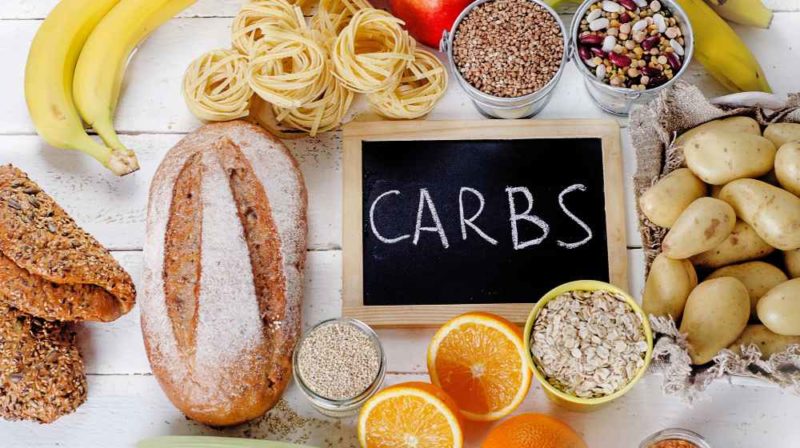 Carbohydrates are essential for fueling the human body. But what about their role in weight gain?
Carbohydrates are essential for fueling the human body. But what about their role in weight gain?
There is a lot of conflicting information out there. Some people swear that carbs make them fat, while others say they're innocent. So how do you know which one to believe? The truth is that carbohydrates can be your friend or foe, depending on how many calories you take in.
Carbs and Weight Gain: Do Carbs Make You Fat?
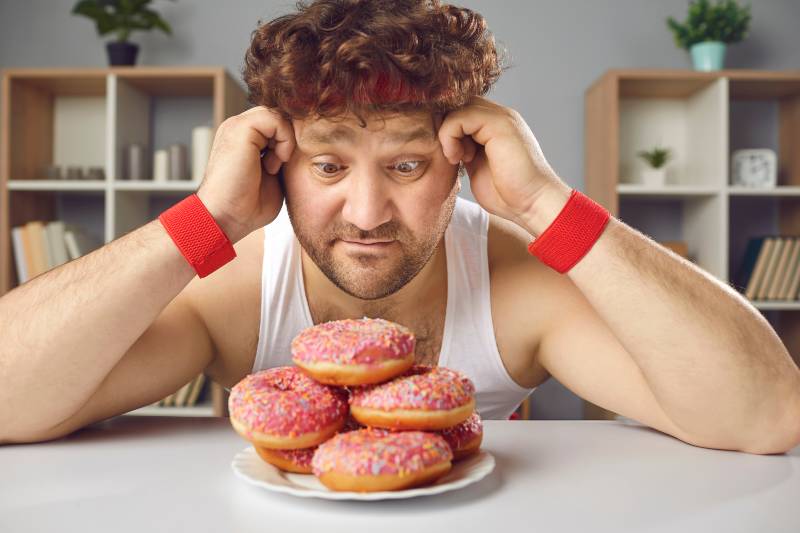
When it comes to carbohydrates and weight gain, there are two schools of thought. Some people believe that carbs make you fat. At the same time, others think that only overeating carbs can lead to weight gain. So which is it? Do carbs turn into fat or not? Unfortunately, the answer isn't so black and white – it depends on the person.
Carbohydrates are the body's first choice for energy. So, it makes sense that eating too many carbs can lead to weight gain. The problem is how much you eat. As long as your intake remains reasonable, there doesn't seem to be any inherent metabolic reason why carbs should make you fat.
Insulin and Leptin
But, when it comes to weight gain, there's another consideration: insulin response and the hormone leptin. These two work together in your body. Think of insulin and leptin as a team with complementary roles that keeps your metabolism running smoothly (or not). For example, leptin signals satiety and fullness while insulin regulates blood sugar levels.
What Happens if You Eat Too Much Carbohydrates
When you eat too many carbs, your body produces more insulin in response, and this can lead to leptin resistance (a condition where your brain doesn't “hear” the leptin signal).
This combination of factors can lead to weight gain over time, as your body becomes resistant to both leptin and insulin.
So while carbs themselves might not turn into fat, eating too many of them can lead to weight gain due to the way they interact with other hormones in your body.
Ultimately, it's important to listen to your own body and find the right balance for you.
If you're someone who responds badly to carbs, then moderating your intake is a good idea.
On the other hand, if you find that your weight creeps up after a few days of restricting carbs or trying a low-carb diet, then perhaps it's time to reassess – too many carbs is not necessarily going to make you fat!
Carbs and Weight Loss: Do Carbs Turn into Fat?

If there's one thing that's certain, it's this, cutting back on carbs is a good idea when you're trying to lose weight. Not only will limiting your intake help with calorie control (which can support fat loss), but some studies have found that low-carb diets are even more effective than low-fat ones for weight loss.
But does it work the other way around?
Can you lose weight by simply adding more carbs to your diet and eating until satisfied? Without counting calories or controlling portion sizes? The answer is no – even if you could eat as much as you want of food that was all carbs (like pasta), this would not lead to fat loss.
Carbohydrates are not inherently fattening – overeating them might be, but it's simply an issue of too many calories.
So why do restricting carbs work for weight loss?
The main reason is that when you cut back on carbohydrates and eat more protein and fat (which make up the majority of most low-carb diets), your body turns to fat for fuel. This is known as “ketosis” – which, by the way, isn't dangerous despite what some low-carb diet critics say (in fact it's perfectly normal).
So do carbs turn into fat? Not in and of themselves; but if you're trying to lose weight, cutting back on carbohydrates is one of the most effective ways.
Carbs or Fat? Do Carbs Make You Fat

It's true that when you eat too many carbs, your body turns them into fat for storage. But this seems to be a result of overeating carbohydrates rather than any metabolic effect – in other words, if there is a metabolic effect, it's not significant enough to make a difference.
Ultimately, while carbs do turn into fat if you eat too many of them, the process is indirect and only happens when trying to lose weight – so there's no reason why carbs can't be part of a healthy diet for maintaining or losing weight!
Ultimately, it's important to find the right balance for you.
If you're someone who responds badly to carbs, then moderating your intake is a good idea. On the other hand, if you find that your weight creeps up after a few days of restricting carbs or trying a low-carb diet, then perhaps it's time to reassess – too many carbs is not necessarily going to make you fat!
How Do Carbs Turn Into Fat
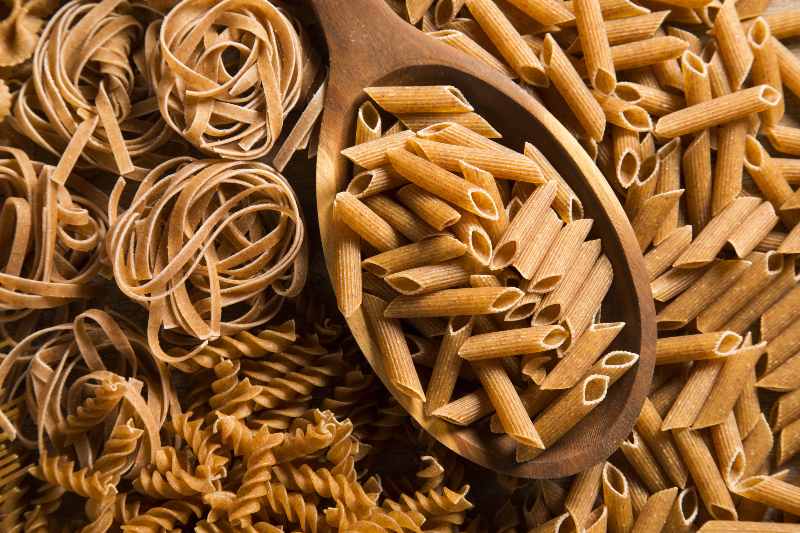
So how do these excess carbs turn into fat?
As you know, carbohydrates are a major part of our diet. After a meal, carbs get broken down into glucose (blood sugar) which is the main source of energy for your body and brain providing you fuel to do anything.
If there's any excess glucose in your system, it gets stored in the liver as glycogen.
But what if there's more glucose than your body needs at any one time?
The extra glucose gets converted into fatty acids with the help of insulin – and these fatty acids are then circulated to other parts of your body where they're deposited as fat tissue.
So when you eat too many carbs, you're essentially overloading your body with glucose which gets turned into fatty acids and stored as fat
When there is an overabundance of fatty acids in your system from too many carbs, they can build up in your liver and cause fatty liver disease – which can be just as bad for you as alcohol abuse!
This is how excess carbs can lead to obesity and other metabolic diseases like type II diabetes.
So it's important to be mindful of how many carbs you're eating every day in order to maintain a healthy weight and avoid these illnesses.
How to Cut Back on Carbs
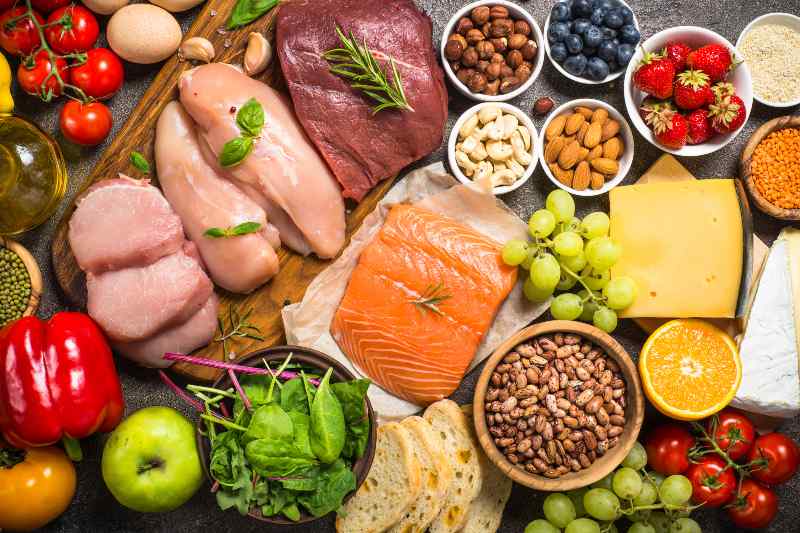
Foods to Avoid (Or Limit) on a Low-Carb Diet
What's in your pantry? Are you sure that the food products are healthy? How much of them should be included in balanced nutrition? It is worth checking this list:
Bread, Pasta, Potatoes
- Hi-carb foods that have a high glycemic index can contribute to obesity if consumed too often or in large quantities.
- Try to replace these staples with healthier options like quinoa, whole grain pasta, or brown rice.
- If you must eat bread, pasta, and potatoes, make sure to only have a small serving size and combine them with other low glycemic index foods like vegetables or lean protein.
Sugar
- Added sugar is one of the biggest threats to your health, and a growing number of studies suggest that sugar may be as addictive as cocaine.
- Try replacing the table sugar with stevia or raw honey, which are much healthier alternatives.
Fruit
- Fruit is healthy and can have various benefits for our body but too many pieces in one day might not be so great for people with diabetes or weight problems.
- A good way to enjoy fruit is by having a moderate portion size and combining it with other nutrient-dense foods like vegetables or whole grains.
- If you're looking for a sweet snack, try blending some fresh fruit with yogurt instead of reaching for candy bars or cookies.
So as you can see, how you eat is as important as what you eat. It's always a good idea to read the labels on your food products and try avoiding or limiting foods that might be high in sugar, saturated fat, or sodium.
So what's the bottom line?
Carbs are not inherently fattening, and they can be a part of a healthy diet for weight loss or maintenance.
But overeating any food – whether it's carbs, protein, or fat – will lead to weight gain toTo find the right balance for you and enjoy your food!
Check out this video of Questions for Science to learn more on How Carbs Make You Fat:
The truth is that carbs do not make you fat. Instead, the real culprits are sugar and refined grains, stripped of their fiber content.
As a result, these foods turn into glucose quickly in the body, causing insulin levels to spike just as fast.
- This leads to an overproduction of serotonin (a hormone responsible for telling your brain when it's time to stop eating) and also increases ghrelin production (a hormone responsible for hunger).
With this information in mind, try swapping out unhealthy sugars or grain-based carbohydrates with high-quality healthy carbohydrate sources like oats or quinoa! And if all else fails? Just eat less at each meal by using smaller plates/bowls and utensils 🙂
How often do you eat carbs? What are your favorite carb-related snacks? Have any health professionals warned or advised against your dietary habits in regards to carbohydrate intake and dieting efforts? Please share with us in the comments section below.
You Might Also Like:
Trending
Tongue Color | 7 Scary Tongue Color Meanings
Lecithin Benefits and Side Effects: 10 Surprising Truths
Get Updates
SIGN UP FOR OUR NEWSLETTER TODAY

Best Multivitamin for Men | Top 10 Best Multivitamins for Men 2022
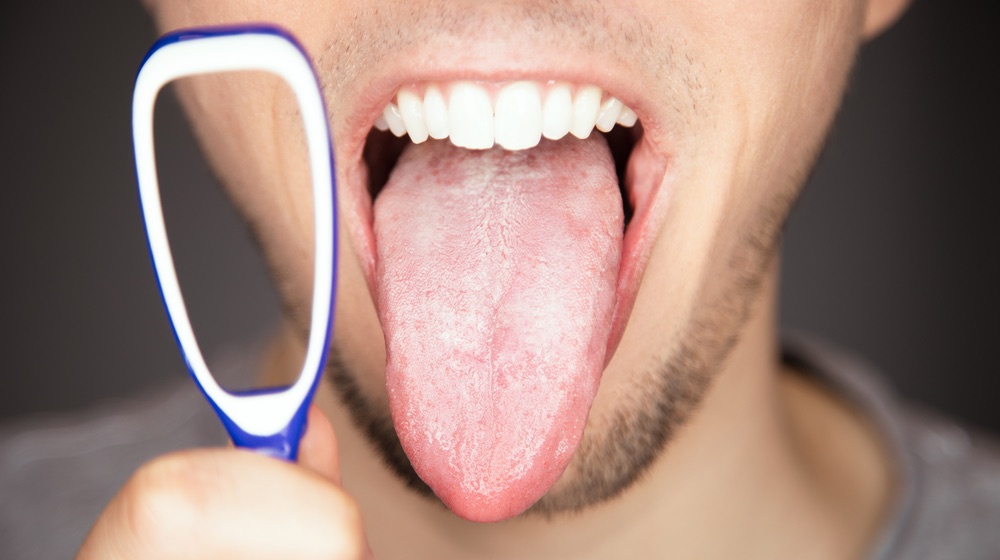
Tongue Color | 7 Scary Tongue Color Meanings
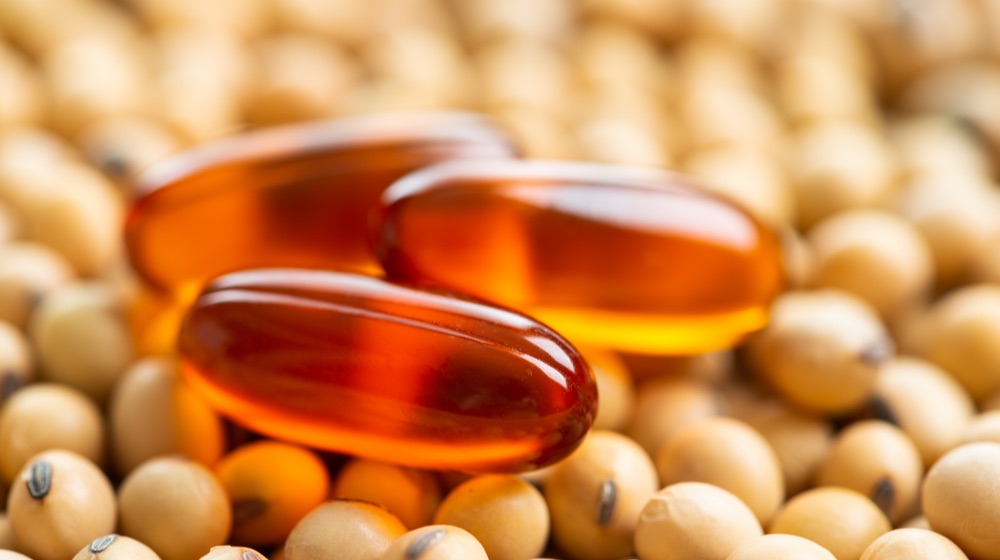
Lecithin Benefits and Side Effects: 10 Surprising Truths
Related

Best Multivitamin for Men | Top 10 Best Multivitamins for Men 2022

